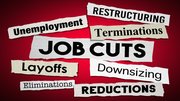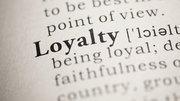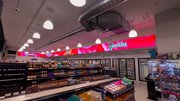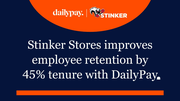Blog
The waiting is the hardest part (for your customers)
November 2, 2012 by Micah Solomon — president, four aces inc
Timeliness is a critical part of creating a successful customer experience. As a business keynote speaker, I'm often heard calling on company and conference audiences to remember the key principle of timeliness:
A perfect product, delivered late, is a defective product.
But what does "late" mean? To throw a few ugly words at it, what I'm really talking about here when I say "late" is "on a timetable that diverges negatively from what the customer expects."
So, that brings up the question: how much time have you spent figuring out what the customer expects? Here are some of the factors which create their expectations:
- The norms within your industry
- The norms outside your industry (sorry, everyone, but Amazon.com has changed the whole timetable game in a huge way, regardless of the service or product you in particular offer)
- The customer's experience with your company on prior transactions (all those "good news! we've upgraded your shipping to overnight!" notices from Zappos eventually create a new norm for their repeat customers).
- The information you convey to the customer, when you convey it, and how you convey it (did you call her back immediately to let her know there might be a delay? This in itself can positively affect the customer's perception of your timeliness–as opposed to waiting 4 days and saying "tah dah, we're done!")
- The details of the waiting experience. To a solitary diner, for example, every wait between courses will seem notably longer than it will to a couple engaged in happy chatter. So offer reading materials, check in more often, and otherwise mitigate these perceived delays.
 ChatGPT
ChatGPT Grok
Grok Perplexity
Perplexity Claude
Claude




